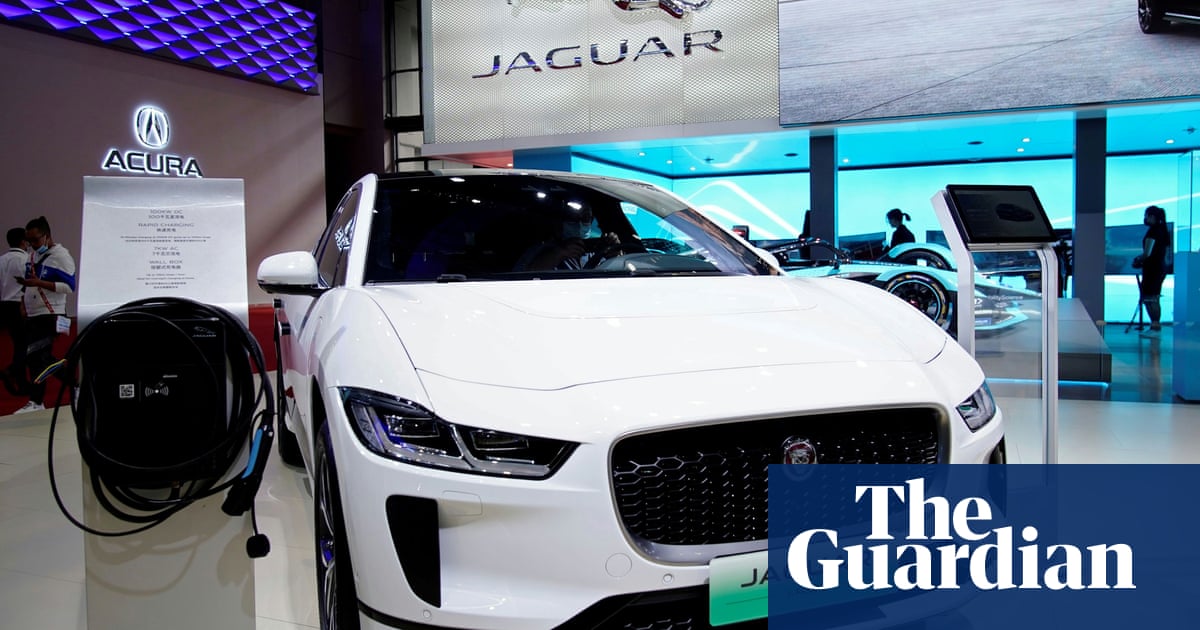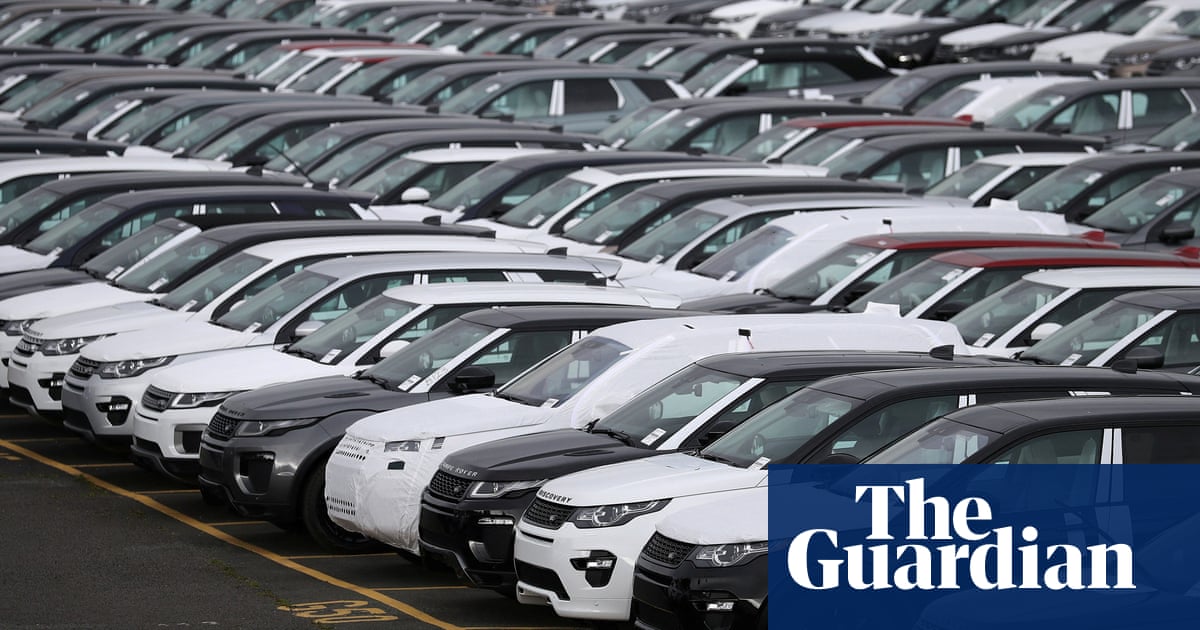
Jaguar Land Rover has been forced to shut down car production at one of its key factories for a week amid a global shortage of computer chips.
Assembly line workers will return to JLR’s Halewood factory on Merseyside on Monday after a week of producing no vehicles. The plant makes the Land Rover Discovery Sport and Range Rover Evoque models, although it has struggled with supply issues throughout the year.
Every big carmaker in the world has acknowledged the effects of the shortage of chips, also known as semiconductors, which are used in cars to control everything from batteries towindscreen wipers.
The French carmaker Renault on Friday said it would cut its output by 500,000 cars this year, double its previous forecasts. The Renault chief financial officer, Clotlide Delbos, warned that the chip supply would remain constrained throughout much of 2022, Reuters reported.
Volkswagen’s top US executive said last week that the shortage will run at least into the second half of next year. Ola Källenius, the chief executive of Mercedes-Benz owner Daimler, last month said semiconductor shortages could last throughout next year and into 2023.
JLR, which is owned by India’s Tata, is focusing on producing its most profitable Range Rover and Range Rover Sport models, both of which are built at Solihull in the West Midlands, according to three sources.
Britain’s largest automotive employer is thought to have cut back production at Halewood and Castle Bromwich, also in the West Midlands, at several points through the last year, although production at the latter factory is also expected to wind down gradually in the coming years as the carmaker consolidates other operations at the site.
Metalwork for Range Rover models has also continued at Halewood.
The semiconductor shortage has hit every large user of chips, but the car industry has been particularly badly affected because companies cut back production at the start of the pandemic.
Other UK carmakers have also struggled. Mini, owned by Germany’s BMW, had to adjust output schedules earlier this year, although its problems have eased in recent months.
Other UK factories such as Toyota’s plant at Burnaston, Derbyshire, have been relatively unaffected.
A JLR spokesperson said: “Like other automotive manufacturers, we are currently experiencing some Covid-19 supply chain disruption, including the global availability of semiconductors, which is having an impact on our production schedules. As a result, we adjust our production schedules to reflect this.
“We continue to see strong customer demand for our range of vehicles. We are working closely with affected suppliers to resolve the issues and minimise the impact on customer orders wherever possible.”












